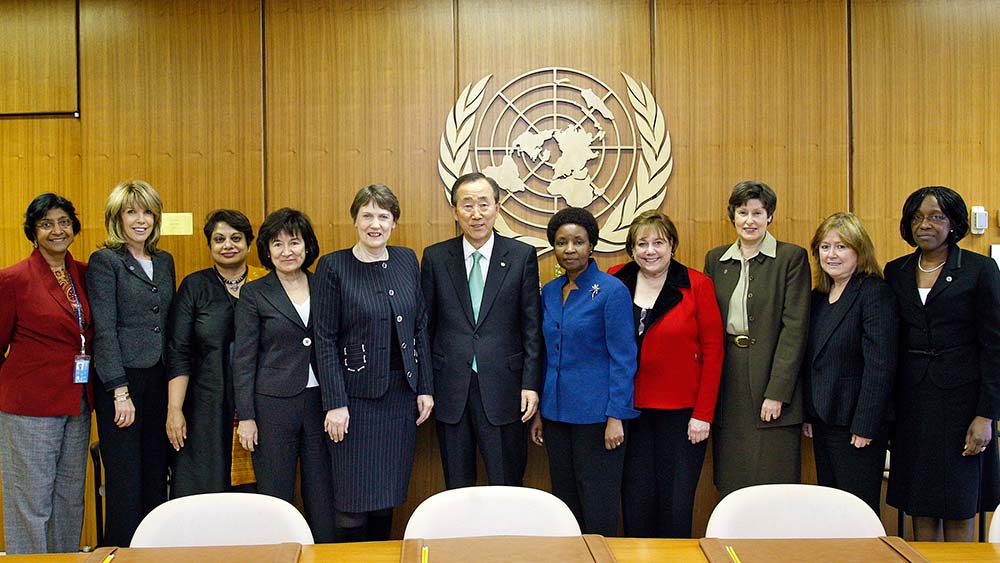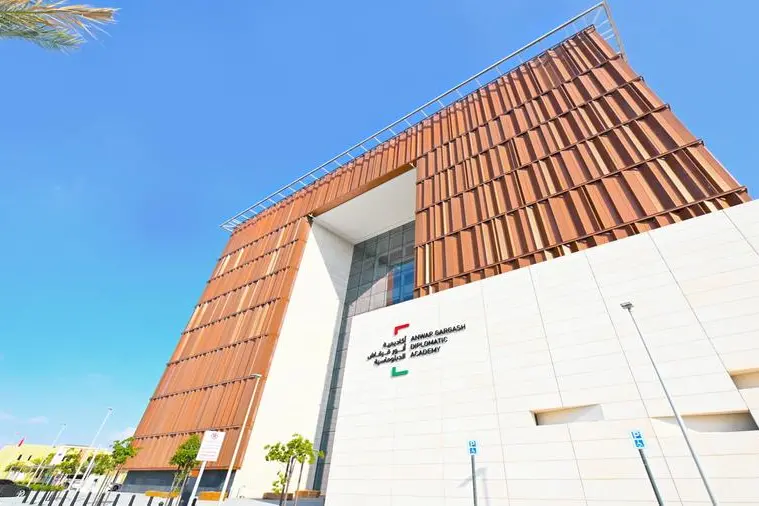There is a long standing moral imperative that the United Nations (UN), as an advocate and leader in efforts to improve the status of the world’s women, must first set the example by addressing the status of women within its own operations. The UN seeks to bridge the gender gap in Peace Operations through initiatives like the UN Senior Women Talent Pipeline Project (SWTP) established by the UN Secretary-General. The initiative, which ACCORD supports as part of engagement in implementing UN Security Council 1325, ensures a more systemic and consolidated approach to targeted candidates through outreach programmes. By so doing the UN aims at building a talent pipeline of qualified women who are willing to be mobile and ready to serve in difficult missions. The Initiative reflects the UN’s commitment to devoting more resources to a clear talent management strategy in peacekeeping.
The SWTP launched in January 2014 is an initiative of the UN Secretary-General that aims to: attract and retain new (female) talent in field operations at the senior level (D1, D2) in United Nations Peacekeeping and Special Political Missions; improve succession and workforce planning; improve gender targets; and increase the number of female applicants to the senior level positions in peacekeeping. The initiative aims to identify women who would be competitive for posts in the following areas: Political/Civil Affairs, Public Information and Communication, Rule of Law and Security Institutions and Resources Management, Supply Chain Management, Service Delivery and Mission Support.
The first phase of the project which focused on the areas of Political Affairs, Rule of Law and Security Institutions, Civil Affairs, Public Information and Communication led to the identification of 64 women for the Pipeline and deployment of 4 senior women to field operations. The second phase, rolled out in November 2014, placed emphasis on French and Arabic speakers. This led to an additional 27 women joining the Pipeline. The third phase of the project began in May 2015 with an emphasis on Mission Support at the Senior Level Operations Management positions like Chief Service Delivery; Chief Supply Chain Management; Chief of Mission Support (CMS), Director of Mission Support (DMS) and Deputy DMS.
As part of the third phase of the project, ACCORD/TfP in collaboration with UN Field Personnel Division of the Department of Field Service and the United Nations Office to the African Union (UNOAU), organized an outreach meeting with the Civil Society organizations (CSOs) based in Addis Ababa with the aim of strengthening the understanding of the UN Senior Women Talent Pipeline Project (SWTP) in Africa. The meeting held on 31 July 2015 in Addis Ababa, Ethiopia was attended by 24 individuals from national and international CSOs in Addis Ababa working on gender, women, access to justice, elections, political matters, development and rule of law. These institutions included: Child Fund International, Plan International, All Africa Conference of Churches, Oxfam International, Institute for Democracy and Electoral Assistance (IDEA), Crisis Action, Norwegian Refugee Council, Save the Children Ethiopia, GOAL Ethiopia, Handicap International, Dan Church Aid Ethiopia (DCA), Institute for Peace and Security Studies (IPSS), Friedrich Ebert Stiftung, Life and Peace Institute, International Committee of the Red Cross (ICRC), International Rescue Committee (IRC), Africa Humanitarian Action (AHA), World Vision International, Organisation Internationale de la Francophonie (IOF), End Child Prostitution, Child Pornography and Trafficking International (ECPAT ), and Deutsche Gesellschaft für Internationale Zusammenarbeit (GIZ). ACCORD/TfP as co-organiser was represented by Ms Irene Limo – Senior Programme Officer, Peacekeeping Unit.
The meeting highlighted critical issues like the realisation that in field missions, gender diversity within the leadership teams, when combined with the highest standards of efficiency, competence, and integrity has the potential to expand the expertise and increase the mission’s access to the respective key constituencies in the civilian population. However, fluctuations in the appointments of women in various levels in recent years reflects the significant challenges involved in identifying female candidates for leadership positions, in a world where gender imbalances remain highly visible. There is therefore need to strengthen gender diversity within the leadership teams in the peacekeeping missions by providing a platform for female practitioners to come forth, and encouraging them to apply for the senior positions within the missions.
In the context of women, peace and security, ACCORD has over two decades of practical experience in peacekeeping and the implementation of UNSCR 1325, with the objectives of strengthening a multi-dimensional and integrated approach to peace operations on the continent, and building the capacity of women to respond to conflict and participate in peacekeeping, peacemaking and peacebuilding processes.
The Training for Peace Programme at ACCORD is an initiative funded by the Norwegian Ministry of Foreign Affairs.







